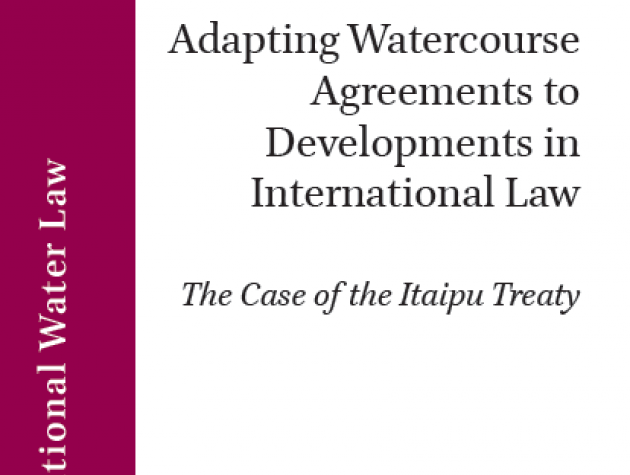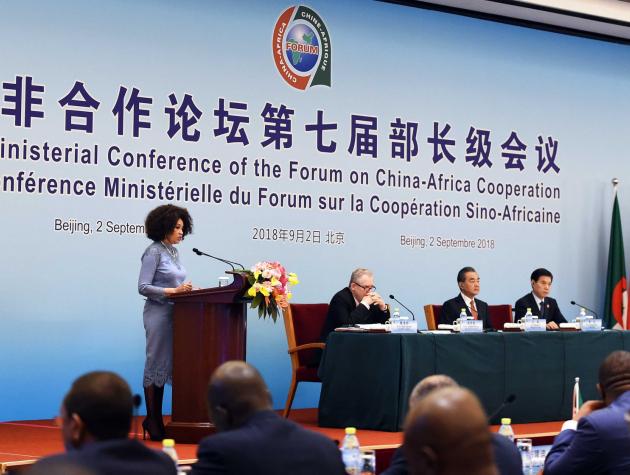GEG WP 2018/137 Legalization, Diplomacy, and Development: Do investment treaties de-politicize investment disputes?
Abstract
Empirical research on the impact of investment treaties has focused almost exclusively on their effect on foreign investment, with mixed results. Yet, another important promise of the treaties has been ignored altogether. Architects of the investment treaty regime, as well as many current proponents, have suggested that the treaties allow developing countries to de-politicize investor-state disputes; i.e. shield commercial disputes from broader political and diplomatic considerations with developed states. While this argument is widely accepted by legal scholars and practitioners and explicitly promoted by capital-exporting states, it has never been subjected to empirical investigation. We provide the first such test, using an original dataset of US diplomatic actions in 219 individual investment disputes across 73 countries as well as detailed case studies drawing on internal US State Department diplomatic cables. We find no evidence for the de-politicization hypothesis: diplomatic engagement remains important for investor-state dispute settlement, and the US government is just as likely to intervene in developing countries that have ratified investment treaties with the US as those that have not. Coercive American intervention in investment disputes is rare, but this is a general feature of American investment diplomacy after the Cold War, rather than one limited to investors with recourse to legalized dispute settlement procedures. These findings provide a critical corrective to our understanding of the investment treaty regime, and have important implications for understanding the effects of international legalization on developing countries.
Note: This paper is forthcoming in World Development. Funding from the Sigur Center for Asian Studies at George Washington University and the Strategic Research Foundation is gratefully acknowledged. We would also like to thank Barbara Zarate for excellent research assistance, as well as Emma Aisbett, Andrew Delios, Mark Feldman, Robert Keohane, Andrew Kerner, Karolina Milewicz, Michael Plouffe, Clint Peinhardt, Rodrigo Polanco, Duncan Snidal, Anand Swaminathan, and seminar/conference participants at UCL ILAP, ESSEC, Princeton, George Washington University, Hebrew University of Jerusalem, University of Oxford, The Wharton School, The World Bank (ICSID), APSA Annual Conference, ISA Annual Conference, AIB Annual Conference, AoM Annual Conference and the Asia FDI Forum for comments on previous drafts.






